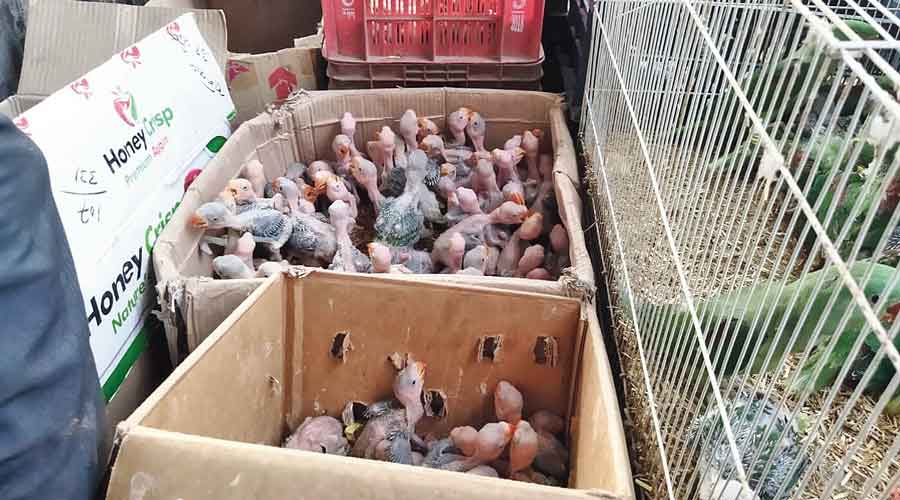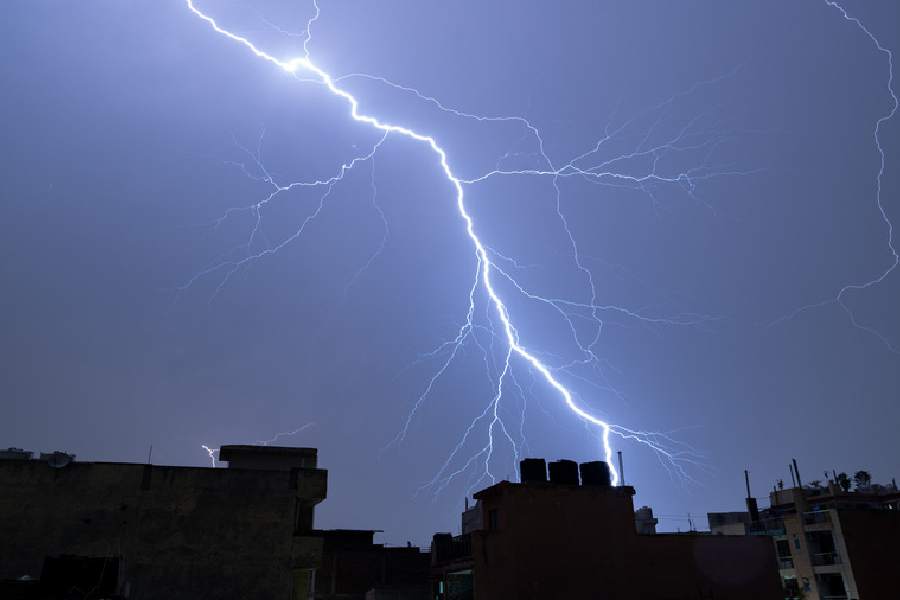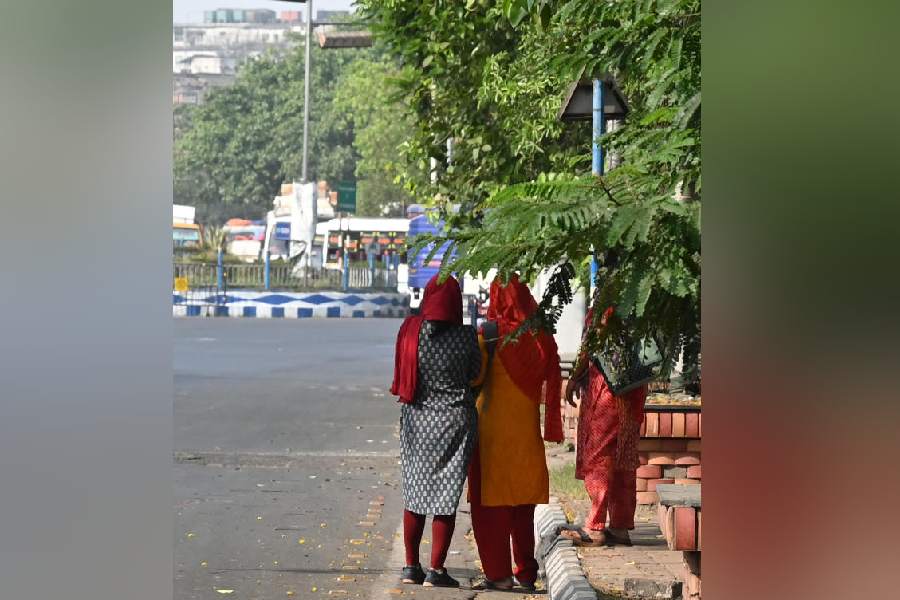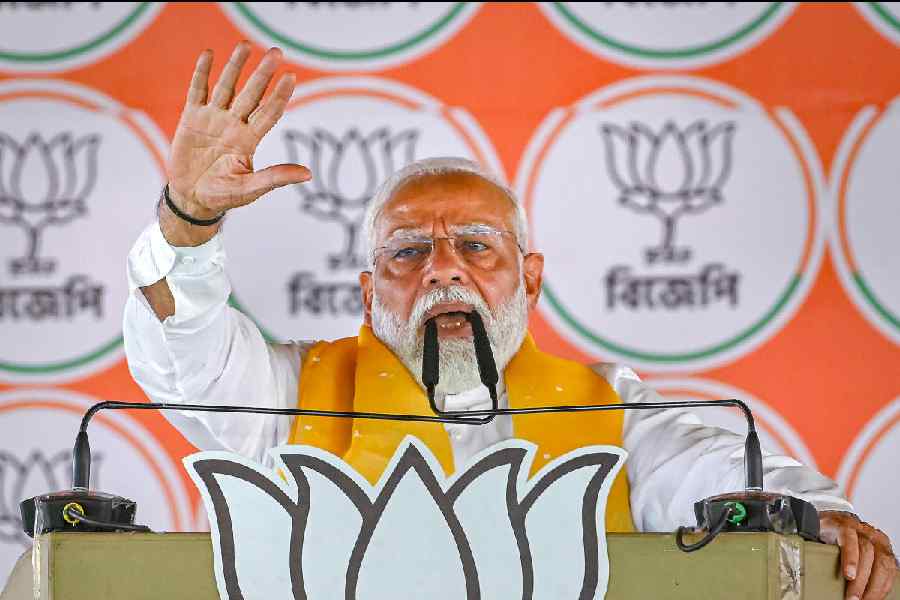Police and forest officials have detected and seized over 1,700 adult and baby birds in a Delhi market that wildlife experts say provide a snapshot of a thriving illegal trade in vertebrates.
A non-government organisation called Wildlife SOS on Friday received the rescued birds, including over 500 chicks, from the forest officials for medical treatment and care before their release.
Police and forest officials who raided the site named Kabutar market on Wednesday found the birds — Alexandrine, rose-ringed and plum-headed parakeets, buntings, munias, and hill mynahs — crammed into small cages and kept in rooms without ventilation, the wildlife group said.
The group said baby parakeets were found stacked on top of each other in cardboard boxes and several parakeets were found dead. Representatives of PETA India, an animal rights group that had alerted the police, said many birds were suffocating and jostling for air and space.
Wildlife SOS said several of the rescued bird species were not native to the National Capital Region and had likely been smuggled into the capital from other states. The rose-ringed, Alexandrine, and plum-headed parakeets are three of the most traded birds in the country, it said.
India’s wildlife protection rules ban the capture, caging and trading of indigenous birds and impose fines and possible imprisonment for violations. Caging birds also is a violation of the Prevention of Cruelty to Animals Act, 1960, that stipulates that it is illegal to keep or confine any animal in a cage or other receptacle that does not permit the animal reasonable space for movement. For birds, PETA India, said, reasonable space, means aerial flight.
“The rescued baby birds are very small and vulnerable and will require extensive care and feeding every three to four hours,” said Geeta Seshamani, secretary Wildlife SOS. “The birds will be released in their natural habitat once they are certified fit by veterinary experts.”
Animal rights advocates believe the rescued birds would have been sold as pets destined for cages.
Kartick Satyanarayan, co-founder of Wildlife SOS, said rare and endangered species are smuggled across the country under the garb of the pet trade because of demand in the black market. “We’re hoping this seizure will lead to a crackdown on the bigger illegal wildlife trade,” a Wildlife SOS spokesperson said.
A 2019 global study had estimated that over 5,500 amphibians, birds, mammals and reptiles are bought and sold to meet human demand for meat, medicines, clothing, luxury items, or pets.
The study had listed the Himalaya along with South America, Central to Southeast Africa and Southeast Asia as the main epicentres of wildlife trade.










